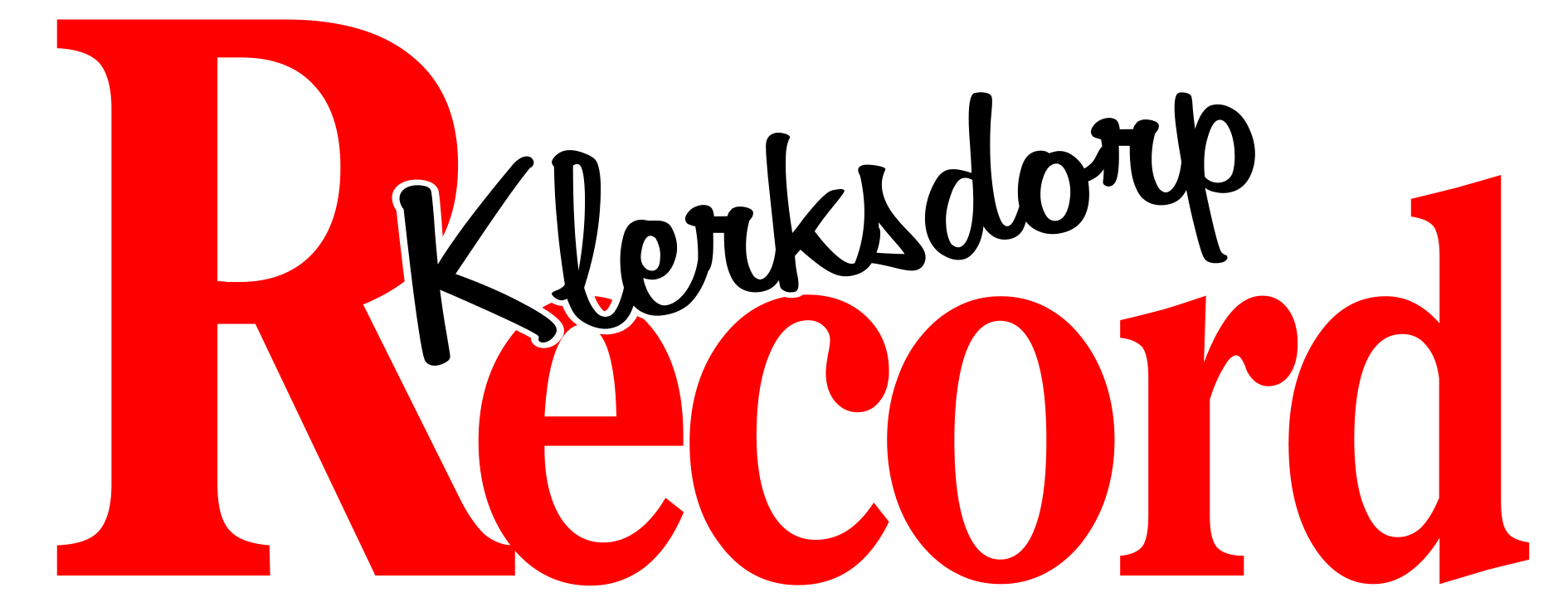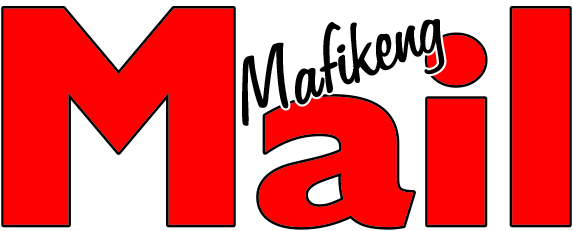BRITS POS – BRITS - The National Department of Health has again confirmed that tax hikes and other tax changes are on the way to fund the National Health Insurance (NHI) scheme – which is still awaiting President Cyril Ramaphosa’s signature.
Responding to a written parliamentary Q&A, health minister Joe Phaahla was asked to share more details on how the government will fund the NHI through taxes and the rate of tax that will be imposed on individual taxpayers.
Business Tech reports that as has been the case with much of the deliberations, debates, and government communications around the NHI, there was no real answer to the question—the issue of funding the scheme has been pushed back until after the foundation for the NHI Fund had already been made law.
Instead, the minister repeated that clause 49 of the NHI bill deals with the funding question – adding that “possible tax amendments will be introduced through a Money Bill by the Minister of Finance as and when appropriate and earmarked for use by the Fund”.
This is subject to the “transitional arrangements” provided in Section 57 of the Bill.
What this actually means
Clause 49 of the NHI Bill outlines the funding mechanisms for the NHI, which include:
* General tax revenue, including the shifting of funds from government departments and agencies and provincial budgets and conditional grants;
* The removal and reallocation of funding for medical aid tax credits;
* Payroll taxes on employers and employees and;
* Surcharges on income tax through a Money Bill by the National Treasury.
* The “transitional arrangements” mentioned in Section 57 of the bill refer mainly to the timelines for implementing the laws, which run from 2023 to 2028.
* The first implementation phase of the NHI runs from 2023 to 2026, when the NHI Fund will be set up and other groundwork put in place.
* The second phase—which would see the “mobilisation of resources” and “the establishment and operationalisation of the (NHI) Fund as a purchaser of health care services through a system of mandatory prepayment—runs from 2026 to 2028.
As indicated by the bill’s wording, this would ostensibly put the requirement for tax changes and other funding mechanisms into effect from 2026 onward.
Notably, these timelines and tax plans can only be implemented once the NHI Bill becomes law.
Funding issue
The funding of the NHI has been one of the biggest sticking points of the system, with critics, opponents and even neutral analysis of the bill begging the question of where the money will come from.
Various business organisations have described the NHI as it currently stands in the bill as being unimplementable in South Africa, with not enough money, skills, or state capacity to make it a reality.
Research from FTI Consulting showed that, even with the government’s stated funding sources and extremely conservative estimates of R200 billion in additional funding being required, South African taxpayers would not be able to take the hit.
To raise R200 billion—and assuming that the number of taxpayers and their spending, remains constant—will require that:
* VAT increase from 15% to 21.5%;
* OR personal income tax rates increase by 31% across the board;
* OR a payroll tax on those employed in the formal, non-agricultural sector of an estimated R1,565 p/m.
* The NHI is one of the last remaining ‘big ticket’ items sitting on president Cyril Ramaphosa’s desk waiting to be signed into law before the 2024 national elections in May.
Critics of the bill have long held that the pending laws have mainly been an electioneering tool for the ANC government, knowing full well that it will be challenged on several legal fronts once signed off by the president.
Ramaphosa has vowed to sign the bill into law, stating as much during various ANC rallies, in his 2024 State of the National Address and other appearances.
He infamously stated during the 2024 SONA that he was “looking for a pen” to sign the bill into law. He has since signed many other bills into law, but the NHI has not yet made the cut.









